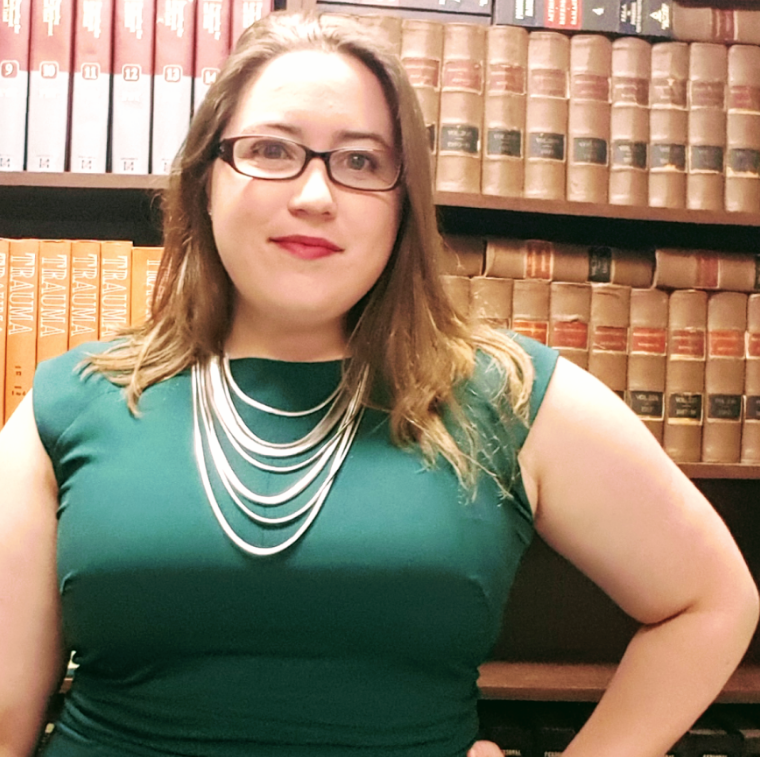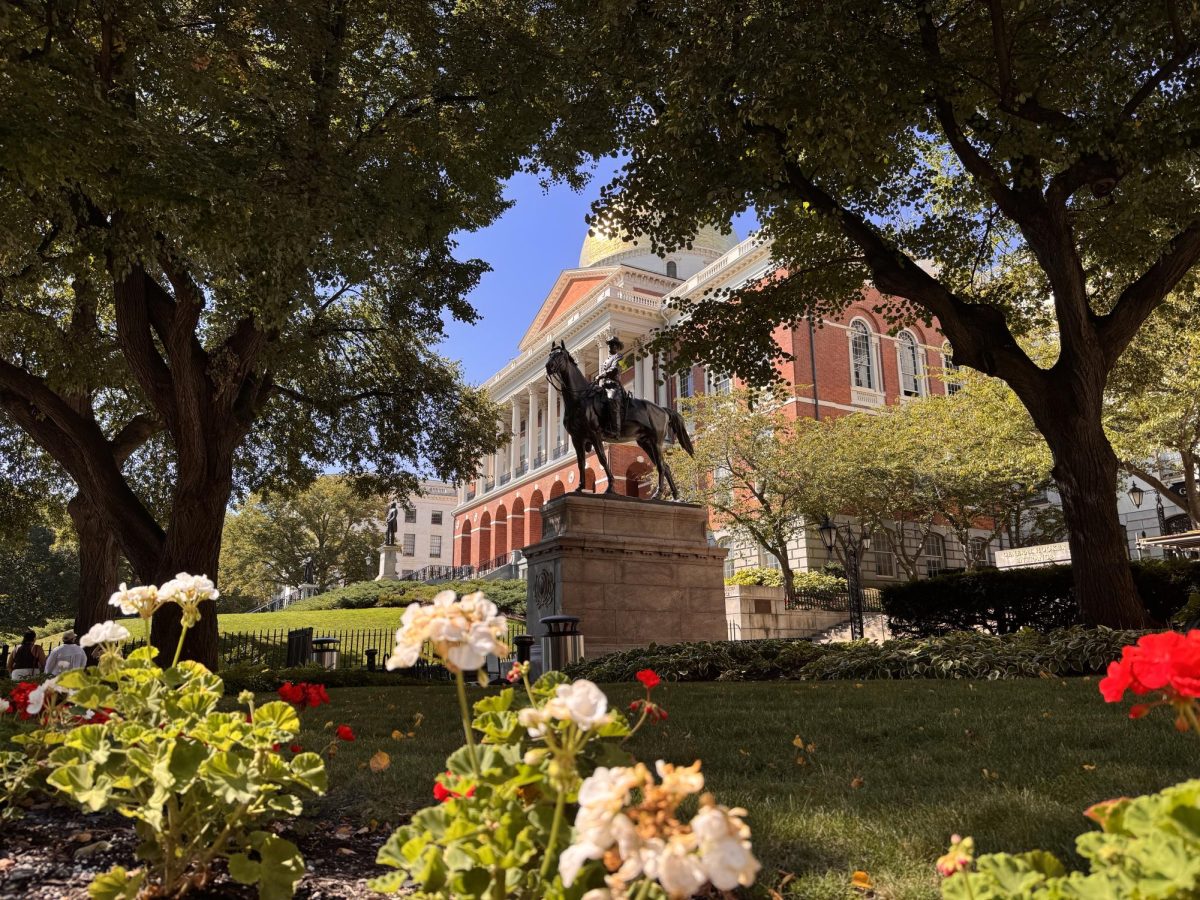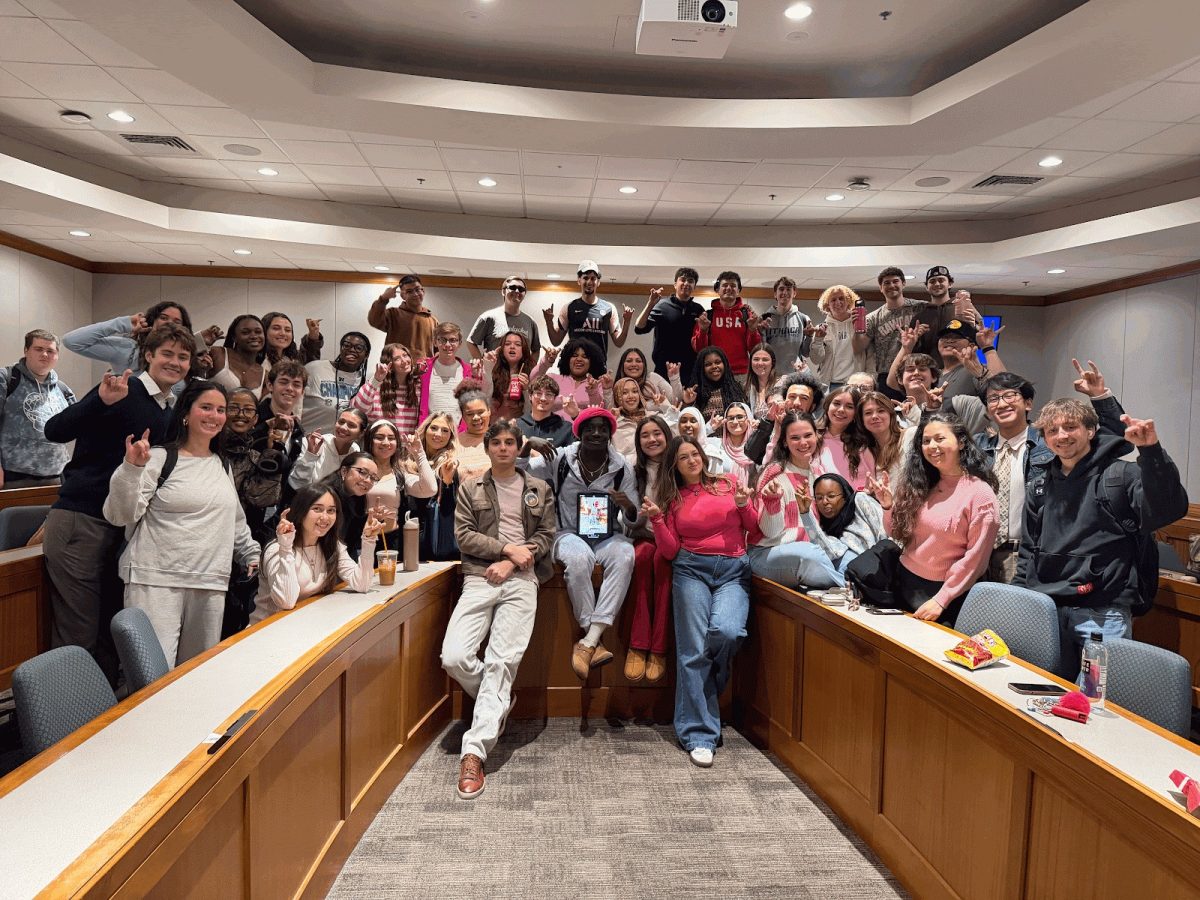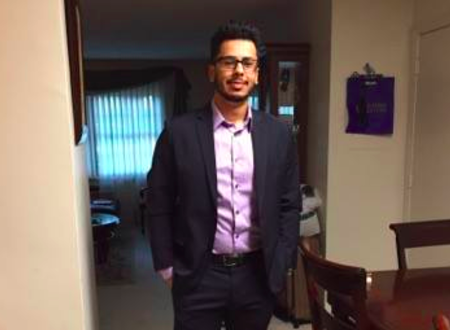To compete against other qualified law students for a chance at a $65,000 scholarship may seem like a daunting task, but fourth year Suffolk Law student Catherine Dowie took the opportunity to put her legal writing skills to use in an area of law she was unfamiliar with. She walked away with the honor of placing second and $25,000 in her pocket.
This New Jersey native has been enamored with law for some time now, having spent her undergraduate career at Smith College studying American government and computer science on weekdays and taking charge of the debate team as president on the weekends. Although the responsibilities of being on the debate team were vastly different from what she does now, these experiences helped shape her demeanor as an aspiring attorney.
Starting law school however was a different experience, but Dowie was more than prepared to take on the new challenges. Qualifying for the Suffolk Moot Court team last year was no issue for Catherine. The Moot Court team allows students to refine their legal writing skills and work on cases that prepare them to practice law in the real world
“From a team perspective, because you’re dealing with a fake problem, there’s going to be bounds from where the problem writers can write the problem,” said Timothy Bolen, coach for the Suffolk Moot Court team in a recent interview with The Suffolk Journal. “[Dowie] is always spotting and identifying issues with the problem because she’s always thinking in that real attorney mindset.”
Her experience working previously as a paralegal for The Phia Group, LLC of which she is now a Manager in Legal Subrogation & Reimbursement Services, has also further developed her legal writing skills into something formidable.
This competition in which Dowie competed in was sponsored by Philip Shawe, whose company, Transperfect, was sold wholesale in a prolific court decision. The Delaware Court of Chancery, a court that settles disputes within corporations, decided that since the former partners were at a deadlock in how to manage the company, it would be sold despite its precipitous earnings. Shawe was appealing his case to the United States’ Supreme court when he decided he needed a legal think tank to help him succeed in gaining control over the company from his wife. This think tank would have helped his legal team establish new ways to argue against the Delaware Supreme Court decision.
When Dowie became aware of the competition, she only had a week to prepare her brief before the deadline. She said while the research was strenuous, her time writing briefs for her Moot Court team and Phia was what allowed her to place top three, which garnered her the invitation to argue her position as a finalist.
Having had little experience with the Takings Clause, which is a provision of the fifth amendment that prevents private property from being taken for public use without just compensation, Dowie had to do a great deal of research in a short amount of time.
“I read the opinions and a decent amount of material from the record, and just formulated the best arguments I could for why it hadn’t been justified by the lower court,” said Dowie in a recent interview with The Journal. “They were taking this company away from this shareholder that had been able to generate profit for so long when the company wasn’t in any financial struggle.”
When describing how exactly a student can possess such a skillset, Bolen, who is an Adjunct Professor in the Legal Practice Skills Department, said Dowie’s legal prowess is an impressive quality to have.
“One thing that strikes me with [Dowie] is that she approaches problems from almost an over technical standpoint, which is great,” said Bolen. “It’s something I think will serve her exceptionally well when she leaves law school.”
Having been awarded $25,000 for her efforts, Dowie said she will has put the scholarship to good use by “putting a dent” in her loans.





















